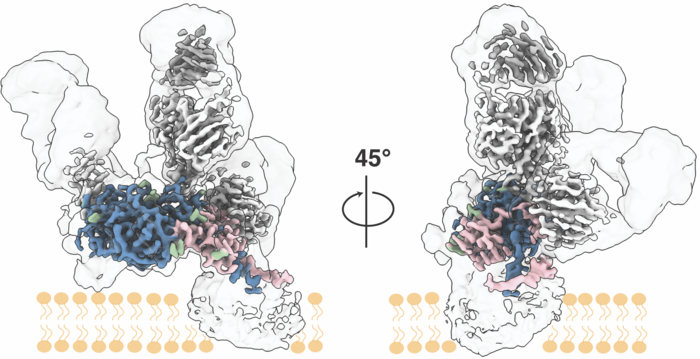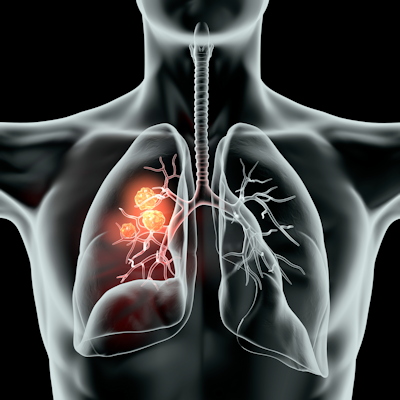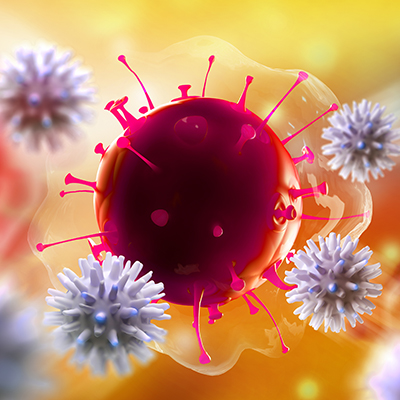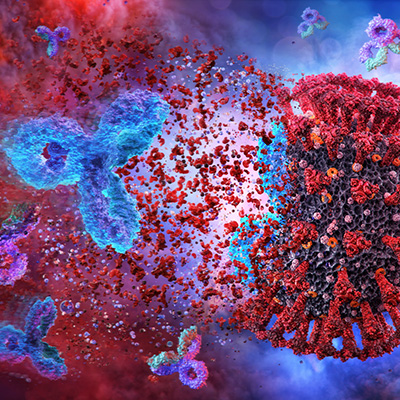October 21, 2022 -- A team led by scientists at Scripps Research and the University of Amsterdam has mapped at high resolution critical proteins that stud the surface of the Hepatitis C virus (HCV) and enable it to enter host cells. The research highlights key sites of vulnerability on the virus, which can now be targeted effectively with vaccines, according to the researchers.
HCV is a leading cause of chronic liver disease, liver transplants, and primary liver cancers. It infects liver cells, typically establishing a "silent" infection for decades until liver damage becomes severe enough to cause symptoms. Currently, there is no vaccine available for HVC, largely because it is difficult to study the virus's envelope protein complex, which is made of two viral proteins called E1 and E2.
In their study, published October 20 in the journal Science, the researchers used a combination of three broadly neutralizing anti-HCV antibodies to stabilize the E1E2 complex in a natural conformation. The researchers imaged the antibody-stabilized protein complex using low-temperature electron microscopy. With the help of advanced image-analysis software, they were able to generate an E1E2 structural map of "unprecedented" clarity and extent at near-atomic scale resolution.

The map details included most of the E1 and E2 protein structures, including the key E1/E2 interface, and the three antibody-binding sites. The structural data also illuminated the thicket of sugar-related "glycan" molecules atop E1E2. Rather than using the glycans to shield themselves from the immune system of the infected host, in this case the structural data showed that HCV's glycans help to hold the E1E2 complex together.
Having these details of E1E2 will help researchers design a vaccine that powerfully elicits these antibodies to block HCV infection, said the authors.
Funding for the study was provided by the National Institutes of Health, the National Science Foundation, the Netherlands Organization for Scientific Research, the Amsterdam Institute for Infection and Immunity, and the Bill & Melinda Gates Foundation.
Copyright © 2022 scienceboard.net










